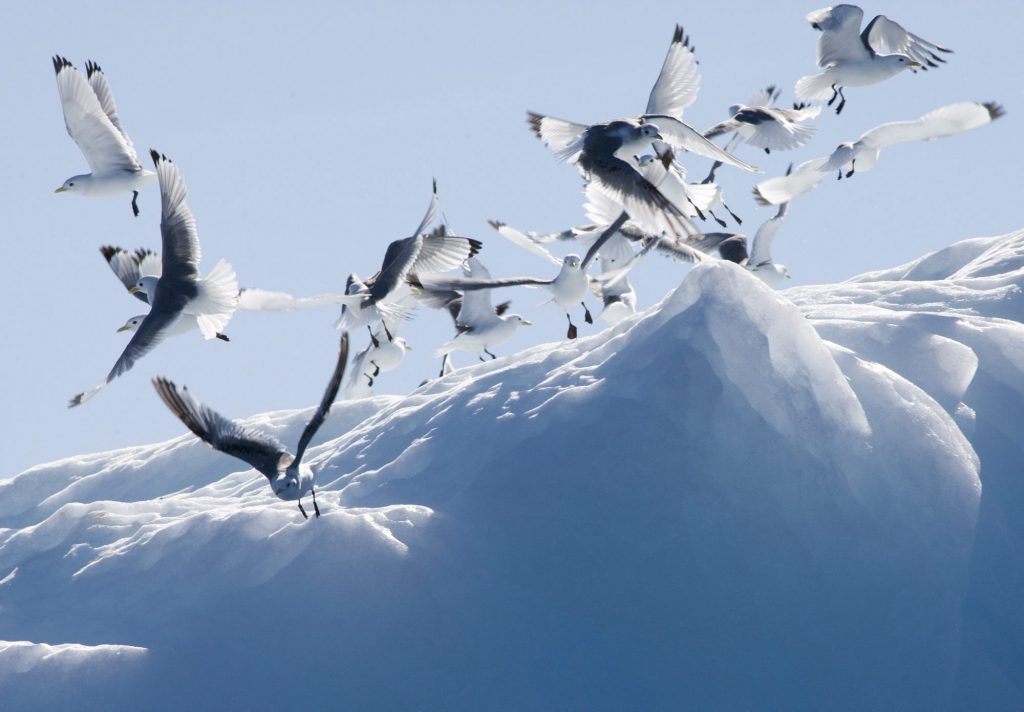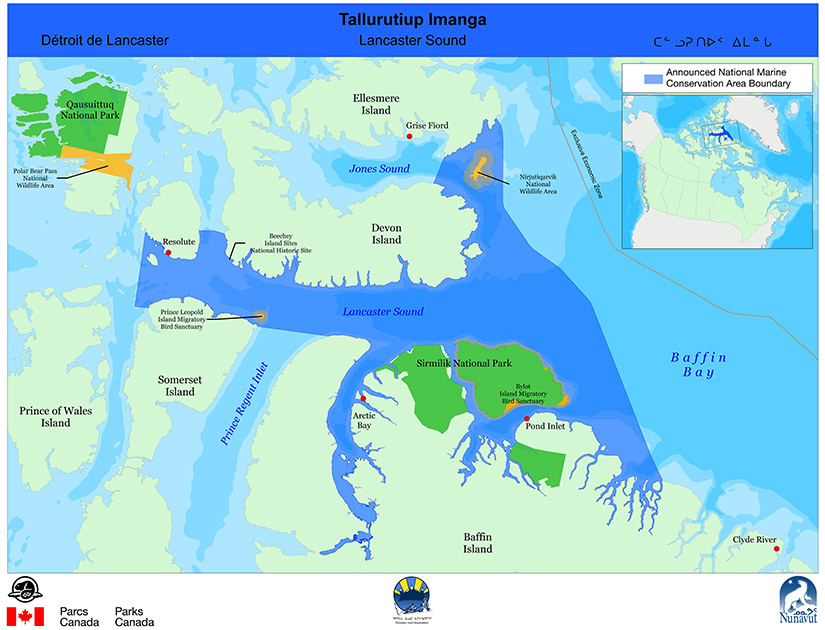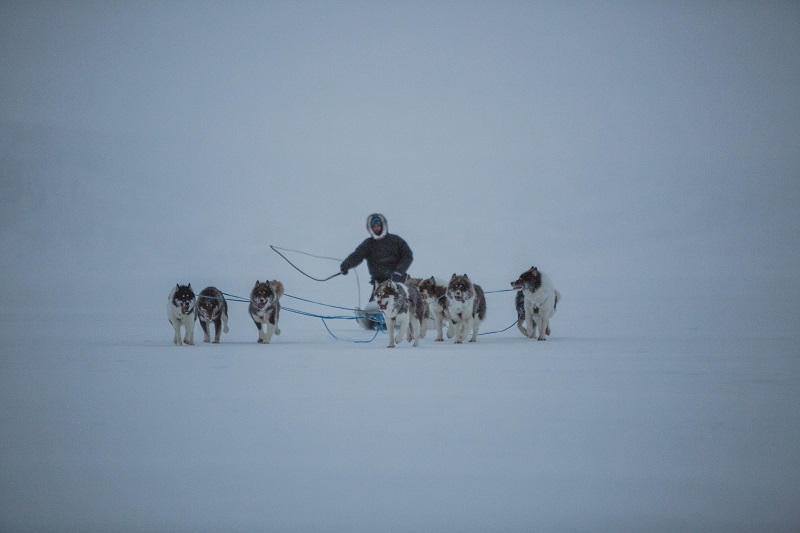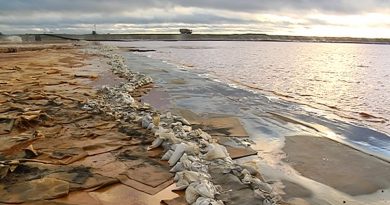Inuit association gets $900,000 to monitor marine protected area in Arctic Canada

The association that represents Inuit in Canada’s Baffin region will get $900,000 to set up a pilot program to monitor a marine protected area in the Arctic.
The Qikiqtani Inuit Association (QIA) will us the money to examine how Inuit can help manage the Tallurutiup Imanga National Marine Conservation Area, also known as Lancaster Sound, located in the northeastern region of Canada’s eastern Arctic territory of Nunavut.
“The establishment of the Tallurutiup Imanga pilot Guardian program in Arctic Bay is a significant landmark in the 60-year journey commenced by Inuit leaders in Qikiqtani to protect these waters and its rich abundance of marine life,” said P.J. Akeeagok, QIA’s president, in a news release on Wednesday.
“This important program formalizes Inuit stewardship and lays the foundation for much needed training, jobs, and economic opportunities for Inuit. This stewardship model also recognizes, respects, and supports the active hunting and food sharing culture of Inuit today.”

Employment and economic opportunities
The pilot project is part of the Indigenous Guardians program that works to partner with Canada’s First Nations and Inuit peoples on land and resource management.
Earlier this year, a report released on Parks Canada called for expansion on Indigenous guardian programs in the country’s national parks.
“Parks Canada is proud to work collaboratively with Inuit to protect and safeguard the Tallurutiup Imanga region,” said Catherine McKenna, Canada’s minister responsible for the environment, climate change and Parks Canada.
“By establishing the Guardian program with the Qikiqtani Inuit Association, we will bring new employment and economic opportunities to the area, and help Inuit protect the waters and connect them with Canadians and visitors from around the world,” she said in a news release after Wednesday’s announcement in the community of Arctic Bay.

The boundaries for Tallurutiup Imanga National Marine Conservation Area were established in August 2017. It covers 109,000 square kilometres which makes it the country’s largest protected marine area says Parks Canada.
Write to Eilís Quinn at eilis.quinn(at)cbc.ca
Related stories from around the North:
Canada: Canada wants to up collaboration with First Nations, Inuit, Métis on national parks, Eye on the Arctic
Finland: Arctic parks among most visited in Finland, Yle News
Russia: Russia adds small Arctic island to large national park, The Independent Barents Observer
Sweden: Preserving biodiversity in Sweden’s shrinking natural forests, Radio Sweden
United States: Environmentalists sue over Alaska wildlife refuge road plan, Alaska Public Radio Network



